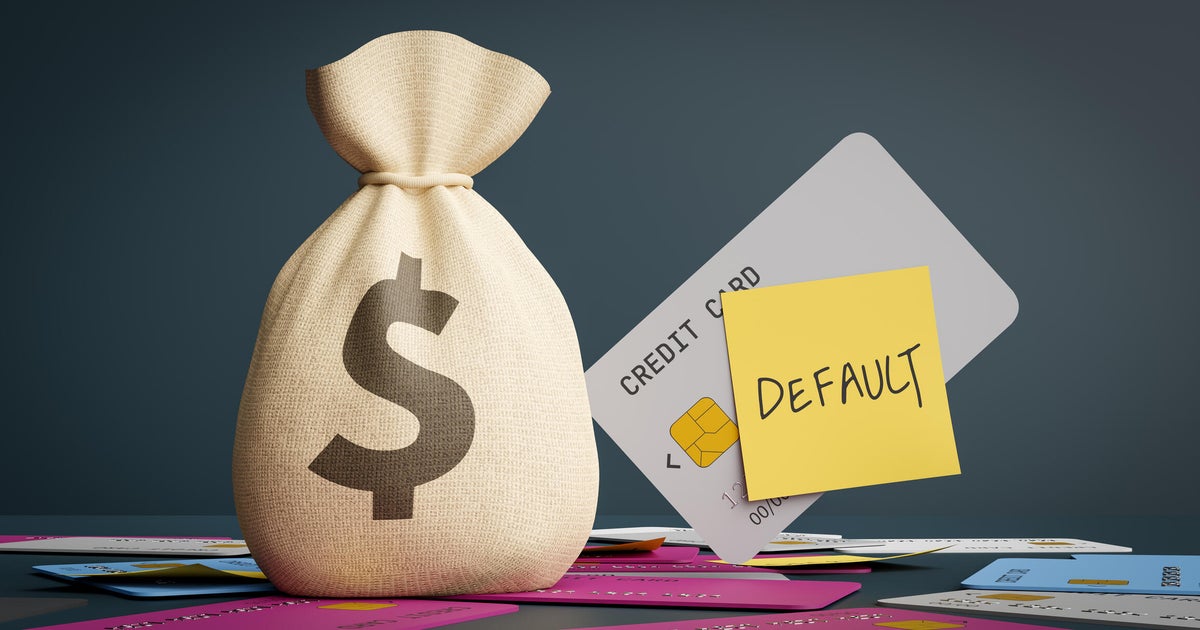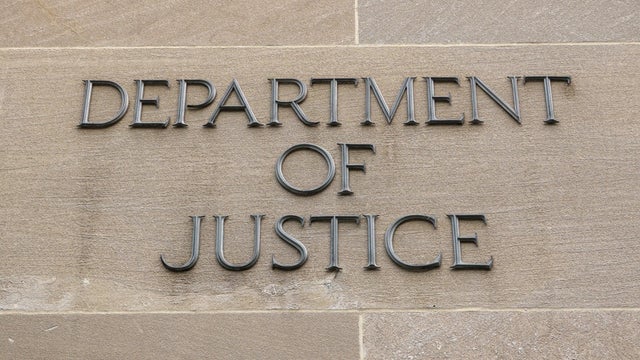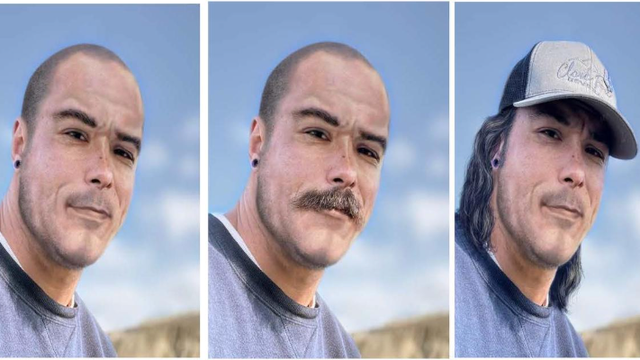

No response returned

When your starts to spiral, it can feel like you're one unexpected expense away from disaster. And, if your budget is stretched too thin by , putting off a payment or two might not seem like a big deal, at least initially.
But as the on that debt, what once felt like simply falling behind can turn into a more serious issue: default. And while isn't quite the same as defaulting on a mortgage or car loan, the consequences can still be severe.
Millions of Americans are on the brink of defaulting on their credit card debt right now. Credit card delinquencies have been steadily rising, and , in particular, which are balances over 90 days past due, have increased significantly year over year. Part of the issue is that with and other economic uncertainties looming, more households are now having trouble keeping up with monthly payments. So when you add in today's , this combination of financial hurdles can be a recipe for serious issues.
If you're one of the many who's teetering on your credit card debt, there are a few important things you should know right now.
.
Here are three big things to know if you're worried about defaulting on your credit card debt.
Contrary to popular belief, you don't enter default the second you miss a payment. Most credit card companies won't consider your account officially in default until it's 180 days (or roughly six months) past due. That said, can take a hit much sooner. Even one missed payment, meaning a payment that's just 30 days late, can be reported to the credit bureaus and significantly.
Once you hit default, the credit card issuer will typically , meaning they write it off as a loss and may sell it to a third-party collection agency. This doesn't mean you're off the hook for the balance, however. It just means someone else now owns your debt and will aggressively pursue it, whether that's , letters or more aggressive collection tactics.
Before your account hits default, you may want to reach out to your credit card issuer. Some lenders offer or may be open to a modified repayment plan. You can also consider working with , which can help you consolidate payments and potentially reduce interest rates through .
.
One of the most lasting consequences of default is the damage it does to . A defaulted account can remain on your credit history for up to seven years, even if you eventually pay it off. During that time, it can be harder to get approved for loans, rent an apartment or even qualify for a job in certain industries.
The earlier stages of delinquency, like 30-, 60-, and 90-day late payments, will also show up on your credit report. But a charged-off account or collections action is a red flag to future lenders, signaling that you may be a high-risk borrower.
If your credit has already taken a hit, don't panic, but do take steps to resolve the issue. One option you may have if you can't repay the full balance is debt settlement, also referred to as . This strategy involves to pay a lump sum that's less than what you owe.
in the short term, but might be better than an ongoing default. This strategy can be tricky to navigate, though, so if you pursue this type of relief, you may want to work with a reputable debt relief company during negotiations.
Once your account has gone to collections, there's a real risk of (and the additional fees, interest charges and other costs you've incurred), especially if the debt is large or hasn't been addressed for many months. Debt collectors can and often do take legal action to recover unpaid balances, and if they win a judgment in court, they may be able to depending on state laws.
In other words, a lawsuit over defaulted credit card debt is a serious matter, and ignoring it can lead to automatic judgments against you. Many people don't realize that they have the right to respond, negotiate or even fight the lawsuit, though, which leads to more severe issues.
If you're facing legal action over your defaulted card debt or think you might be soon, it's time to deal with the problem. You might qualify for protection if you , which can halt collection activity and potentially discharge or restructure your debt. While bankruptcy isn't a decision to take lightly, it can be a powerful reset if you're truly unable to repay what you owe.
Financial setbacks happen, but defaulting on your credit card debt is a serious event with long-term financial consequences, so it's important to do everything in your control to avoid it happening. If you're behind on payments currently or are facing collections, you have options worth considering. Whether it's reaching out to a credit counselor, negotiating a settlement or exploring bankruptcy, the key is to act early and not ignore the problem. With the right help and a clear strategy, default doesn't have to define your financial future.





